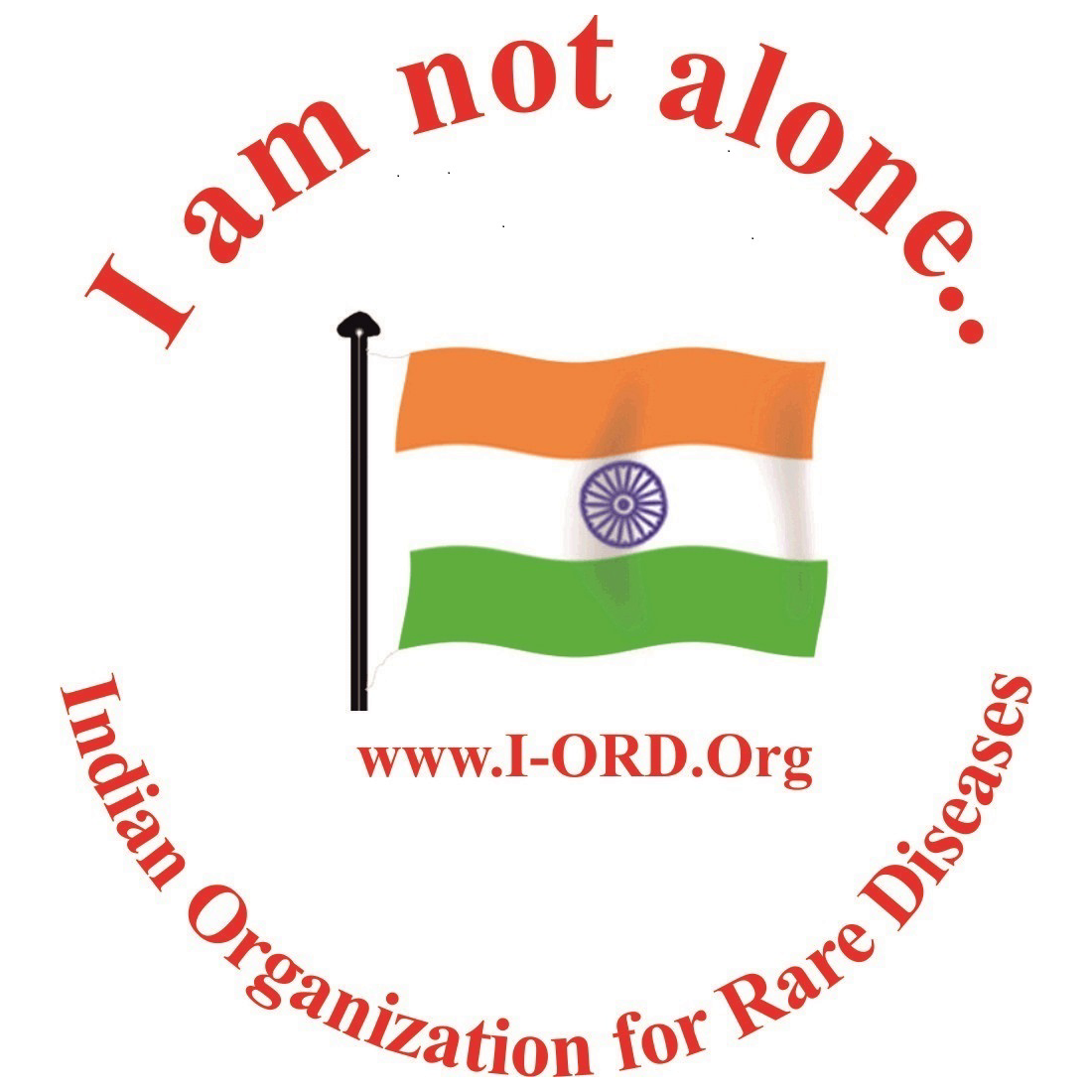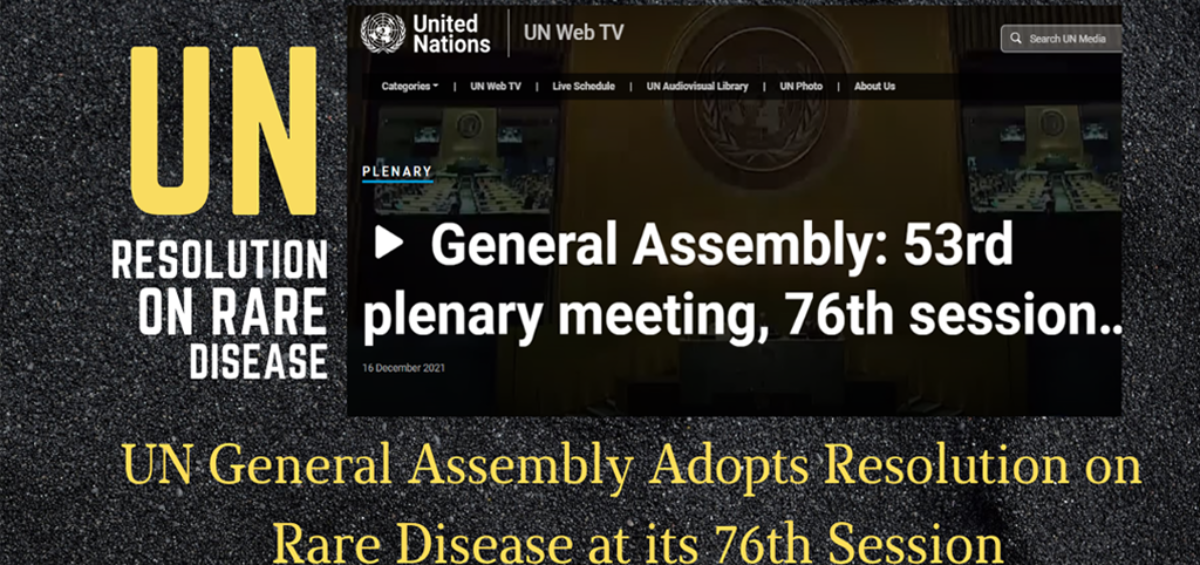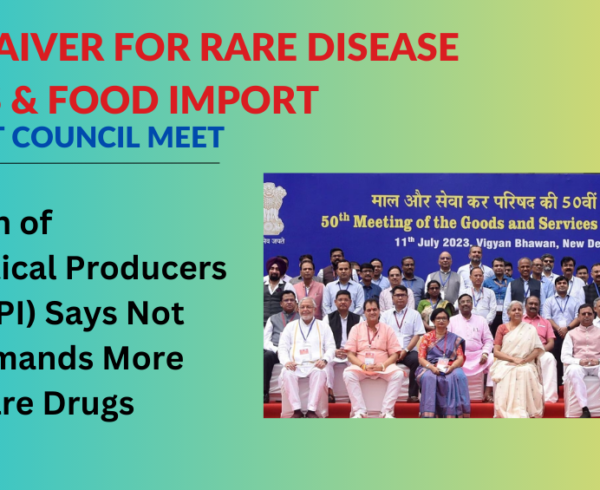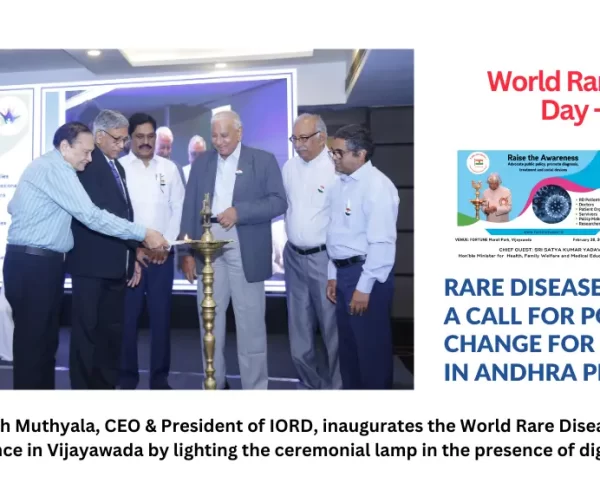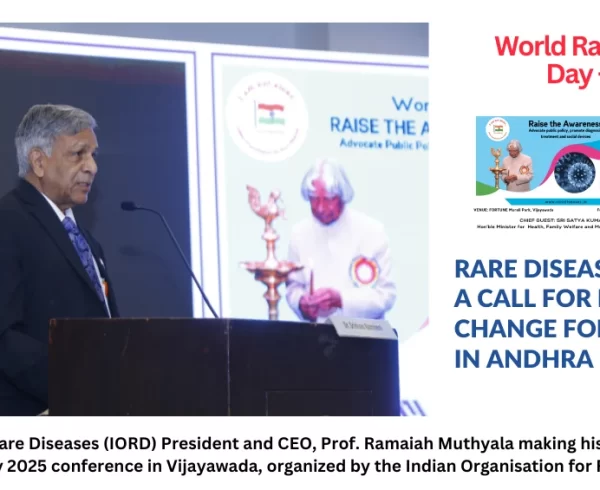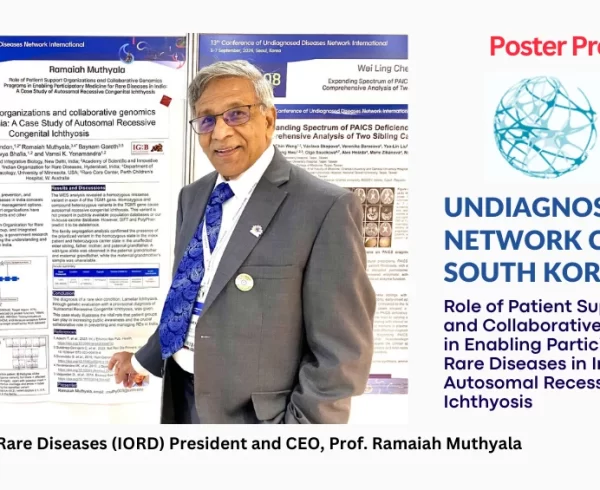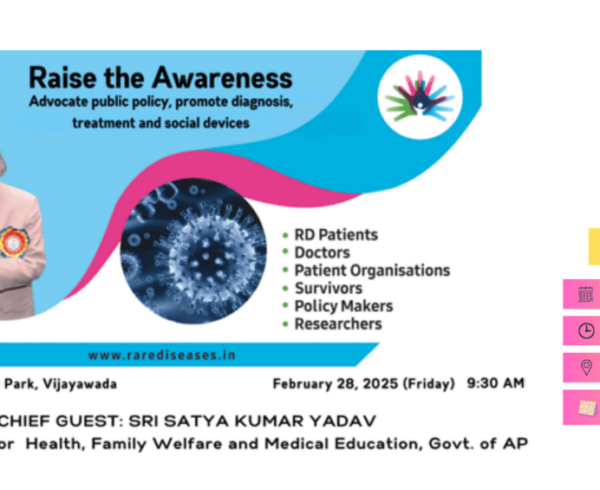In a historic first, the UN General Assembly adopted a resolution for “Addressing the challenges of persons living with a rare disease and their families” at its 76th Session on December 16, 2021.
The landmark resolution – which calls UN member states to achieve universal health coverage by 2030 for all including persons living with a rare disease – is co-sponsored by an unprecedented 54 countries and adopted by consensus by all 193 UN Member States.
In short, the resolution recognises the need to promote and protect the human rights of an estimated 300 million persons living with a rare disease worldwide, many of whom are children, by ensuring equal opportunities to achieve their optimal potential development and to fully, equally and meaningfully participate in society.
For the full, equal and meaningful participation in all aspects of social, cultural, political and economic life for those living with rare diseases, especially children, the UN resolution calls for providing inclusive and equitable quality education and lifelong learning opportunities without discrimination.
Significantly, the UN Resolution called upon the Director-General of the World Health Organization (WHO), as well as other relevant United Nations entities, to present a report to address, inter alia, the challenges faced by persons living with a rare disease and their families, to be submitted during the seventy-eighth session of the General Assembly.
In particular, the UN resolution wants the governments of UN member-states to frame appropriate development programmes for the welfare and betterment of people with rare diseases in the following spheres/subjects:
- Provide universal access to a wide range of health-care services that are safe, of quality, accessible, easily available, and affordable, timely, and clinically and financially integrated, which will help to empower persons living with a rare disease.
- Adopt gender-sensitive national strategies, action plans and legislation, to contribute to the well-being of persons living with a rare disease and their families, including on the protection and enjoyment of their human rights, consistent with their obligations under international law.
- Take steps to resolve the root causes of all forms of discrimination against persons living with a rare disease, including through awareness-raising and dissemination of accurate information on rare diseases.
- Explore the importance of cultural, family, ethical and religious factors, including the key role played by religious leaders in the treatment, care and support of persons living with a rare disease.
- To collect, analyse and disseminate disaggregated data on persons living with a rare disease, including classification by income, sex, age, race, ethnicity, migration status, disability, geographical location and other characteristics by member states and relevant United Nations agencies to assess progress towards the improvement of the status of persons living with a rare disease.
- Create networks of experts and multidisciplinary specialized expert hubs, inter alia, for rare diseases and to increase research support, by strengthening international collaboration and coordination of research efforts and the sharing of data, while respecting its protection and privacy.
- Implement national measures to ensure that persons living with a rare disease are not left behind. Ensure they get assistance to enjoy equal access to benefits and services in education, employment and health, and promote their full, equal and meaningful participation in society, and commit to working towards social integration and physical/mental well-being.
- In consultation with all Rare Disease stakeholders, design and implement policies and programmes and share best practices to fulfil the rights of all persons living with a rare disease.
- Implement the 2030 Agenda for Sustainable Development ensuring it is inclusive of and accessible to persons living with a rare disease.
- Provide the right to education with lifelong learning opportunities on the basis of equal opportunity and non -discrimination for persons living with a rare disease.
- Implement effective programmes to promote mental health and psychosocial support for persons living with a rare disease and their families.
- Accelerate efforts towards the achievement of universal health coverage by 2030 to ensure healthy lives and promote the well-being of all persons, including those living with a rare disease.
- Provide essential health products, health services and quality, safe, effective, affordable and essential medicines, diagnostics, and health technologies to those living with a rare disease.
- Stop and reverse the trend of catastrophic out-of-pocket health expenditure by providing measures to ensure financial risk protection due to health-related expenses by 2030, with special emphasis on persons living with a rare disease.
- Take appropriate steps to provide affordable, accessible and good-quality care facilities for children and other dependants living with a rare disease.
- Promote access to full and productive employment and decent work, along with appropriate measures for financial inclusion for persons living with a rare disease and their families.
- Eliminate barriers faced by persons living with a rare disease and their families in accessing water, sanitation and hygiene, including physical, institutional, social and attitudinal barriers.
Note: For the original UN Draft Resolution, click this link.
To view the actual UN session where the Resolution was approved, click this link.
….
